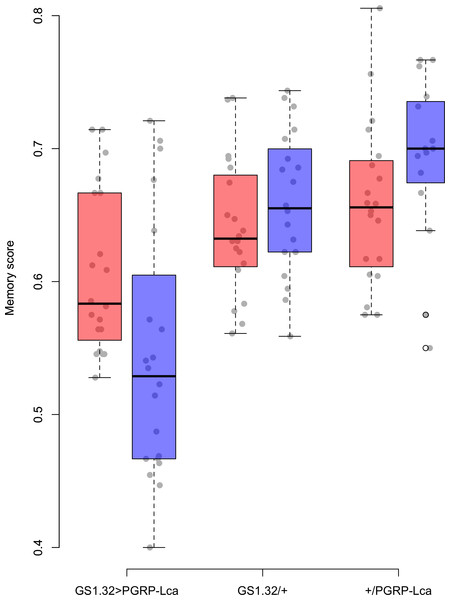Fighting off illness – rather than the illness itself – causes sleep deprivation and affects memory, says University of Leicester biologist Dr. Eamonn Mallo.
Psychoneuroimmunology studies the number of connections between neurobiology, immunology and behavior. The researchers used the Geneswitch system to upregulate peptidoglycan receptor protein (PGRP) expression, thereby stimulating the immune system in the absence of infection, in order to study the effects of the immune response on two fundamental behaviors: sleep and memory ability in Drosophila melanogaster. Geneswitch was activated by feeding the steroid RU486, to the flies.
"Think about when you are sick. Your sleep is disturbed and you're generally not feeling at your sharpest. Previously work has been carried out showing that being infected leads to exactly these behaviors in fruit flies," Mallon said. "In this paper we show that it can be the immune system itself that can cause these problems. By turning on the immune system in flies artificially (with no infection present) we reduced how long they slept and how well they performed in a memory test."
They used an aversive classical conditioning paradigm to quantify memory and measures of activity to infer sleep. Immune stimulated flies exhibited reduced levels of sleep, which could not be explained by a generalized increase in waking activity. Immune stimulated flies also showed a reduction in memory abilities.

Memory score for each geneotype. Memory score is the proportion of flies that choose the odour they were not trained against. The blue boxes represent the mean memory score for the RU486− flies. The red boxes represent the RU486+ flies. The grey dots are the individual data points. DOI: 10.7717/peerj.434/fig-1
"This is an interesting result as these connections between the brain and the immune system have come to the fore recently in medicine. It seems to be because the two systems speak the same chemical language and often cross-talk. Having a model of this in the fly, one of the main systems used in genetic research will be a boost to the field," Mallon said. "The key message of this study is that the immune response, sleep and memory seem to be intimately linked. Medicine is beginning to study these links between the brain and the immune system in humans. Having an easy to use insect model would be very helpful."
Citation: Eamonn B. Mallon, Akram Alghamdi, Robert T.K. Holdbrook, Ezio Rosato, 'Immune stimulation reduces sleep and memory ability in Drosophila melanogaster', PeerJ 2:e434 http://dx.doi.org/10.7717/peerj.434






Comments